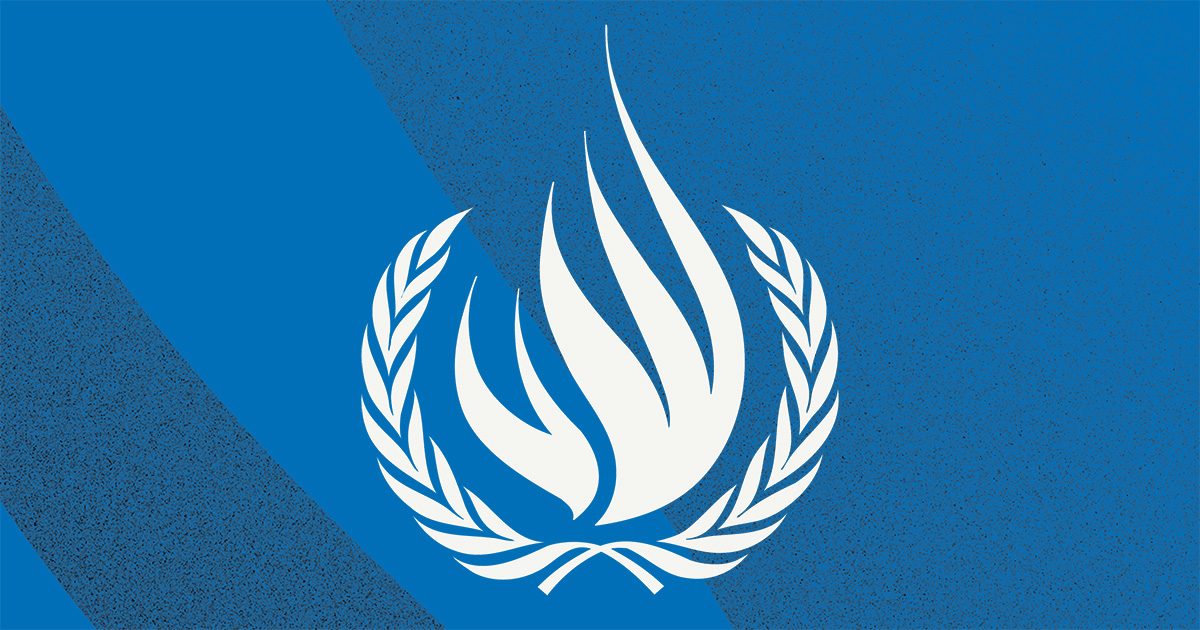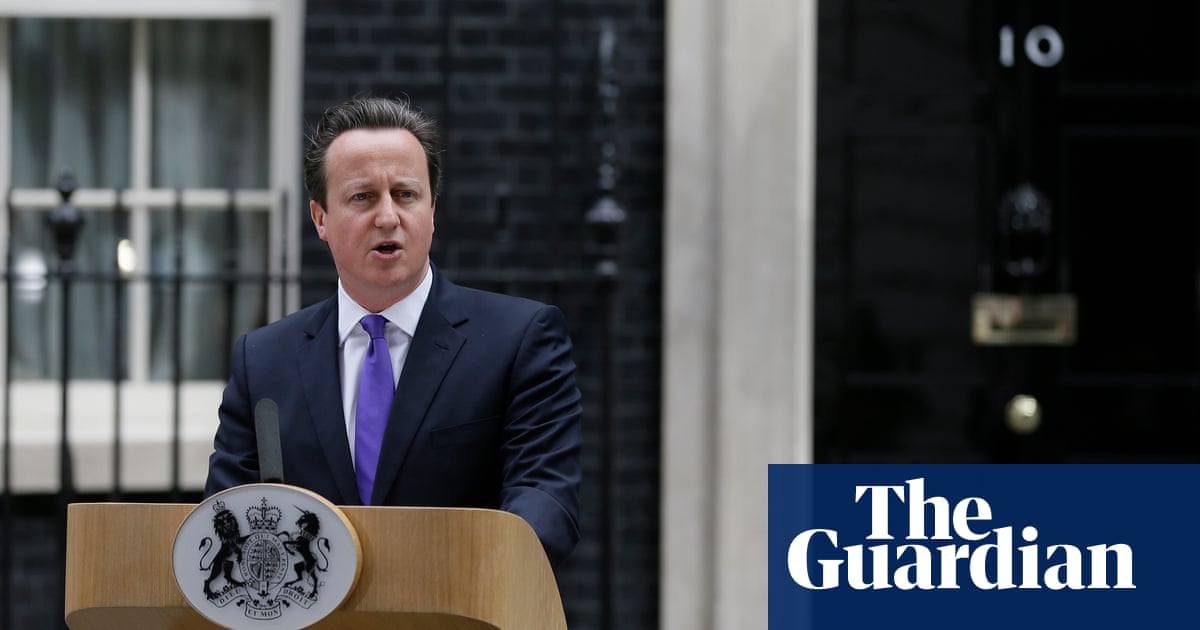
Chief scientists and presidents of the national science academies of more than 20 countries including Sir Patrick Vallance have written to world leaders ahead of the Cop26 climate summit, urging them to set out policies to reduce greenhouse gas emissions sharply, to limit global heating to 1.5C.
Governments must rapidly step up their policies to deploy low-carbon energy and other technologies and address emissions from the main high-carbon sectors of the economy, as well as bring forward innovative technologies, the signatories urged.
Vallance, the UK’s chief scientific adviser, said: “The first key message is 1.5C is achievable, and is absolutely what we should be aiming for. It needs action now … A clear roadmap is needed.”
Their intervention, as world leaders prepare to gather in Glasgow for the biggest climate conference since the 2015 Paris agreement was signed, is intended to underline scientific advice on the dangers the world is running by allowing emissions to keep rising.
Drawing on the findings of the UN Intergovernmental Panel on Climate Change, the world’s leading authority on climate science, published in August, they noted that global temperatures were already 1.09C higher than in pre-industrial times, and that the impacts were being felt in heatwaves, excess rainfall, wildfires, flooding and droughts. They said: “With every fractional increase in warming, these effects will get worse, with all countries vulnerable.”
They also called for action to help people most affected by the climate crisis to cope with its impacts.
It was still possible to hold temperatures to a 1.5C rise above pre-industrial levels, they said, but it would require drastic emissions cuts in the next10 years, as well as a long-term goal of net zero carbon. “It will require rapid, urgent and sustained action and significant behavioural, socioeconomic and technological transformations,” they wrote.
Vallance said: “This has got to be the decade of R&D. We have to make sure R&D and innovation are applied and scaled up. It will require intense international collaboration across every sector.”
The 38 signatories are all chief scientists, presidents of their national scientific academies, or holders of some of the most senior scientific advisory posts in their countries. They represent a broad range of developed and developing countries, including the US, the EU, India, several African and South American countries, and South Korea. The chief scientist of Australia, Cathy Foley, has signed, while Scott Morrison’s government came under fire for what critics said were inadequate net zero plans. Other signatories included Paulo Artaxo, professor of physics at São Paulo University, where Jair Bolsonaro’s government has long been hostile to climate action.
Notably missing from the list, however, were any scientists from China, Russia and Saudi Arabia. China’s stance, as the world’s biggest emitter, will be a key determinant of the outcome of Cop26, while fossil fuel producers Russia and Saudi Arabia have disrupted Cop agreements in the past.
Prof Nicole Grobert, chair of the Group of Chief Scientific Advisors to the European Commission, added: “Reaching carbon neutrality requires innovation, low-emission choices and active participation. Science provides solutions for improving quality of life through a fair and sustainable decarbonisation of our societies.”
Dr Xavier Estico, director general of the National Institute of Science, Technology and Innovation, Seychelles, said: “History has taught us that science, technology and innovation at their best helped to bring timely solutions to challenges that seemed beyond the reach of humankind. With the lessons learned, we should all collaborate in adopting the same spirit, philosophy and attitude in combating the greatest challenge of our time: climate change.”












